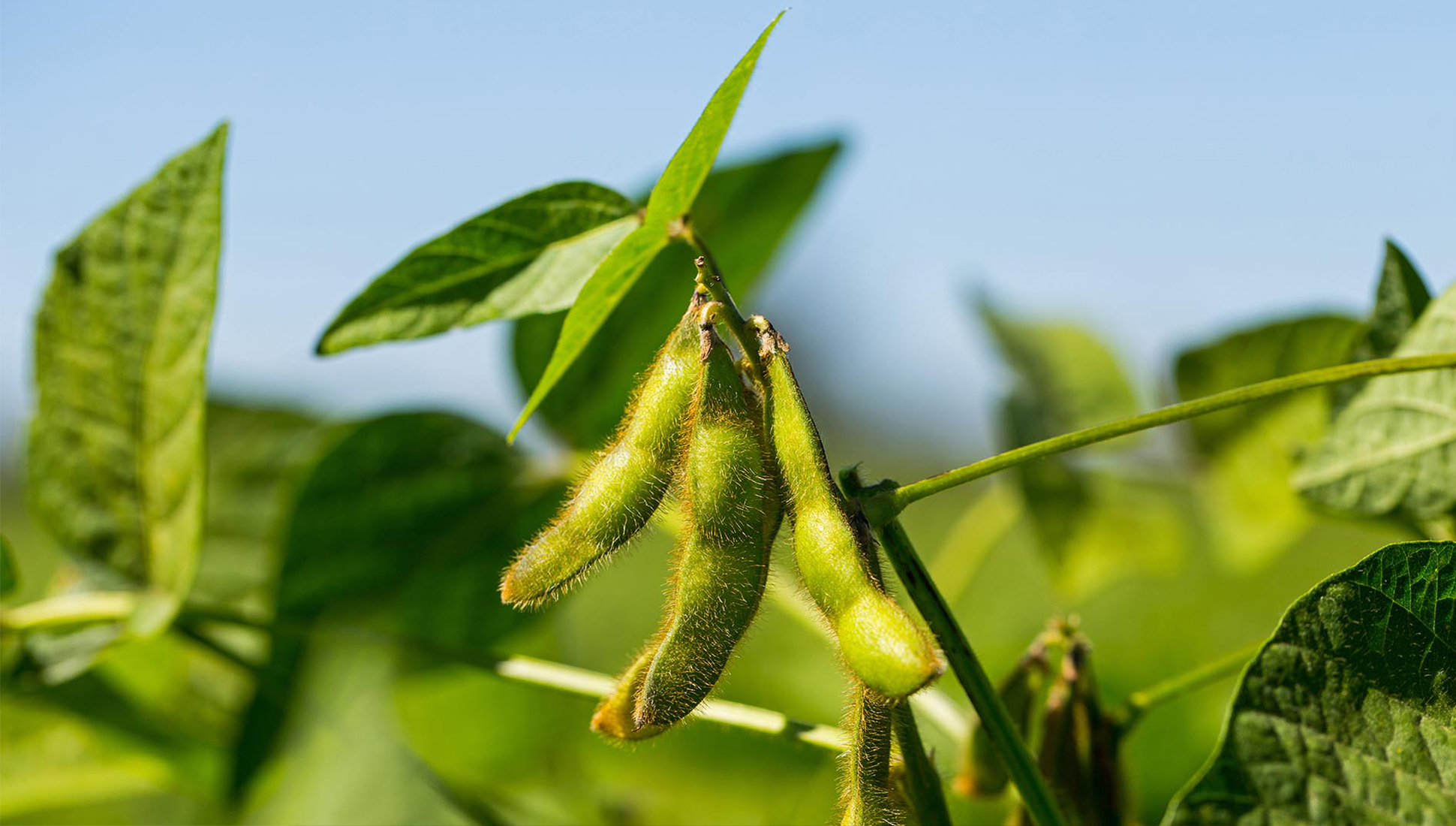
In a new study, an international team of scientists from China, Australia, Austria, Germany, Great Britain and the Netherlands has proposed cost-effective strategies to mitigate the impact of nitrogen on arable land, World of NAN reports citing Wageningen University.
Intensive farming, using more nitrogen fertilizer and manure, is now practiced around the world. However, more than half of these nitrogen inputs to cropland are lost to the environment, contributing to air pollution, water eutrophication, soil acidification, climate change and loss of biodiversity.
Based on a meta-analysis of 1,521 field observations over 20 years, the researchers identified a package of possible mitigation measures. Primarily consisting of higher-efficiency fertilizers, their proper application (right time and place, application rates), irrigation, and legumes in the crop rotation.
Implementing these reasonable measures would save the world 22 million tons (-21%) of nitrogen fertilizer and avoid the loss of 26 million tons of nitrogen, and an additional 17 million tons (+20%) of agricultural nitrogen would remain in annual management. Taken together, the changes could bring $476 billion in benefits to society for food supply, human health, ecosystems, and climate at a net cost of only $19 billion in pollution control.
However, these management practices and technologies are rarely used to their full potential by farmers because of many limitations, including the high costs of widespread implementation. Thus, scientists suggest overcoming these financial barriers with public investment.
Смотрите больше интересных агроновостей Казахстана на нашем канале telegram,
узнавайте о важных событиях в facebook и подписывайтесь на youtube канал и instagram.









































Обсуждение